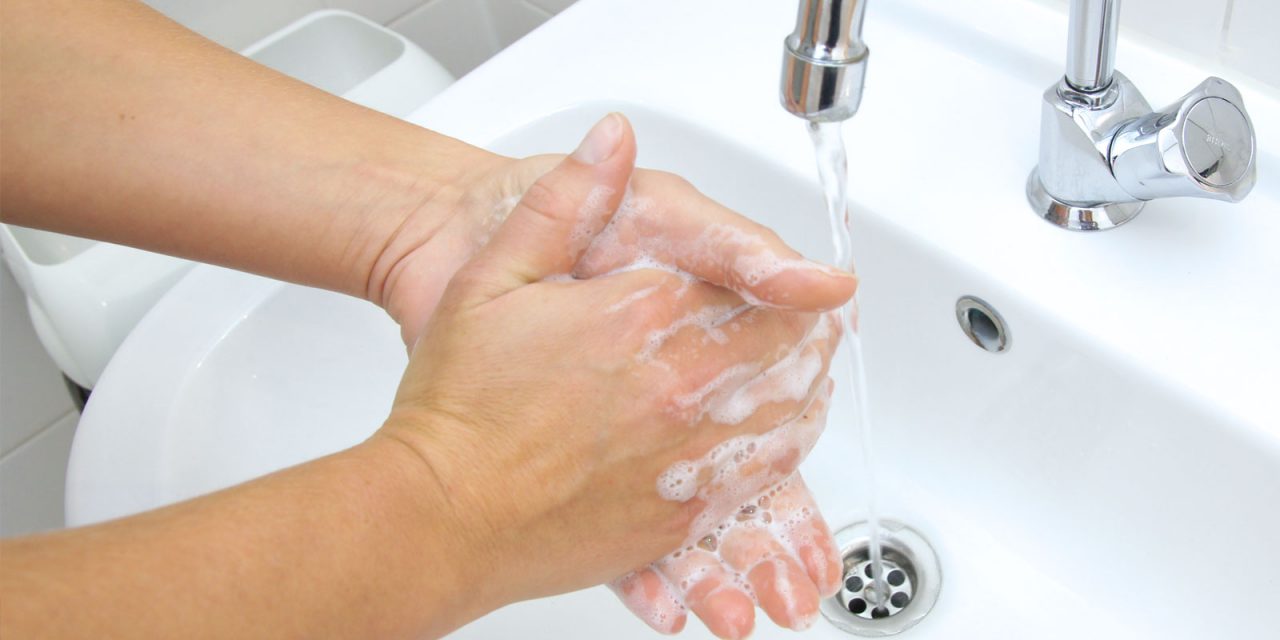Britain has a terrible reputation within the scientific community for poor hygiene. This may come as a shock to many Britons but as a country, we need to do more to for our hand hygiene. Almost 11% of hands are classified as grossly contaminated and have more in common with the germs on a toilet seat. These germs that live on our hands can be passed on through contact with others or contact with food causing very serious health risks. 1 in 16 people catch an infection whilst in hospital. Infections are the leading cause of death in the UK.
Hands are the biggest vessel for the spreading of germs. This is why washing them regularly can help save millions of lives a year. During the major Swine Flu pandemic of 2009 the government’s campaign of Catch it. Bin it. Kill It. only made roughly 54% of Britons wash their hands more regularly. These dirty hands could have prolonged the spreading of the virus leading to more infections and consequently more deaths. A solution to this problem would be to use antibacterial hand wipes whenever possible, especially when we touch anything that has the potential to pass on a lot of germs.
One of the worst carriers of germs is our mobile phones. Did you know that 1 in 6 mobile phones have fecal matter on them, which can carry billions of germs per gram. Disgusting! Although washing our hands after using the toilet is important, it is also worth washing them spontaneously at different points of the day. If you are caring for a sick relative or friend, have younger or older family members or are visiting the hospital you must remember to keep your hands extra hygienic to ensure that everyone you come into contact with it safe. Another possible solution is to wear single-use, disposable gloves, like those produced by hand hygiene companies such as Unigloves, when dealing with a sick person or visiting the hospital. Other key areas to consider are when using public transport or handling animals. Both of which carry with them a considerable amount of germs. Handwashing (or glove-wearing) should be a priority during this time.
Special care should be taken when dealing with children, the elderly or people with weaker immune systems. One study found that 39% of catering workers don’t wash their hands after using the toilet. This is even after all the health and safety training most establishments impose on their staff.
The method is simple. A quick rinse with the water won’t be enough. We must use soap and lather for at least 20 seconds. This gives the soap enough time to bind the dirt and germs, the water then sends the dirt and germs down the drain. Try to avoid using germ touchpoints by using a towel or your elbow to turn of the tap or use a door handle. Dry your hands effectively as water helps germs to multiply. Try to also clean touchpoints as often as possible too by visiting a site like https://rzero.com/hospitality/ where they use specialist UV disinfection technology to create a clean and hygienic environment. There’s no point in washing your hands if you’re only going to touch dirty taps and door handles again seconds later!
Although we can never be germ-free, by teaching ourselves hygiene basics we can prevent unnecessary illnesses and infections from spreading easily. Whether it’s a common cold or a Norovirus, our due diligence regarding our hand hygiene can help everyone live life in the healthiest way possible.
Check out Clinell’s infographic to find out some more information about hand hygiene and why it is so important.

- Overcoming Challenges in the Production of THC Seltzers - 10th May 2024
- The changes in dental marketing - 12th October 2022
- Online aligners or surgery based ones? - 12th October 2022








